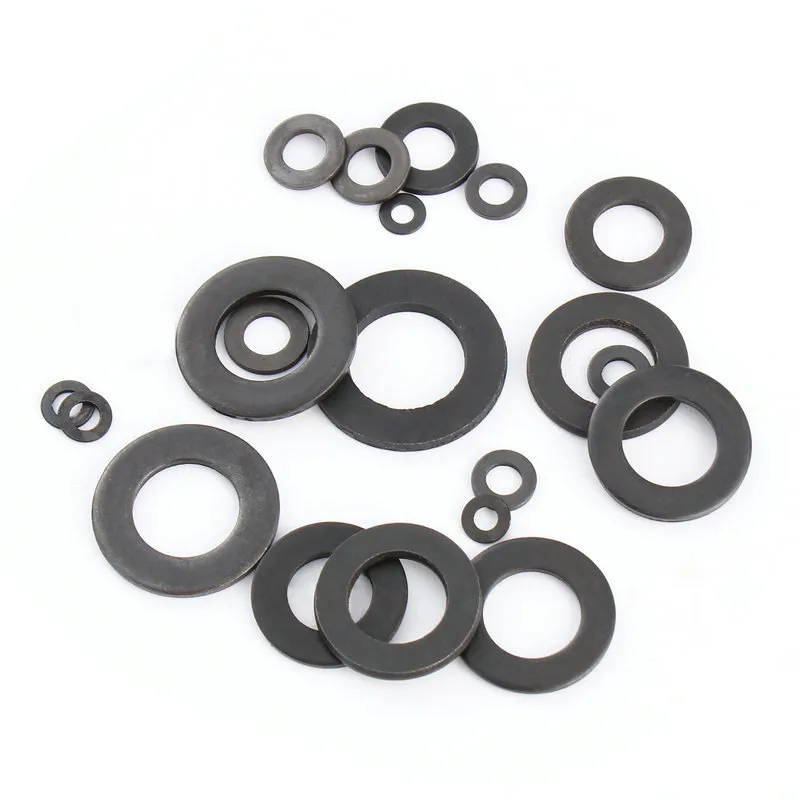

Specifications and Applications of 8mm Stud Bolt Fasteners in Various Industries
Nov . 11, 2024 04:21 Back to list
Specifications and Applications of 8mm Stud Bolt Fasteners in Various Industries
Understanding 8mm Stud Bolts A Comprehensive Guide to Fasteners
In the world of engineering and construction, the importance of fasteners cannot be overstated. Among the various types of fasteners available, stud bolts play a significant role due to their versatility and strength. This article delves into the specifics of 8mm stud bolts, examining their features, applications, and advantages.
What is a Stud Bolt?
A stud bolt is a type of fastener characterized by a long rod with threads on both ends and a smooth section in the middle. Unlike traditional bolts, which have a head, stud bolts require nuts for installation. This design allows for greater flexibility, particularly in applications where space is limited or where a strong clamping force is necessary.
The Significance of 8mm Size
The designation “8mm” refers to the nominal diameter of the stud bolt. This means that the threaded portion of the bolt measures 8 millimeters across. The size of a stud bolt is crucial as it influences the load-bearing capacity and the types of applications it can effectively handle.
Materials and Coatings
8mm stud bolts can be made from various materials, including steel, stainless steel, and carbon steel, ensuring that they can be used in a diverse range of environments. Additionally, they may come with different coatings to enhance their corrosion resistance. Common coatings include zinc plating, galvanization, and powder coating. Choosing the right material and coating is essential for ensuring durability and longevity, particularly in outdoor applications or environments prone to corrosion.
Installation and Use
Installing an 8mm stud bolt generally involves inserting one end into a pre-drilled hole or tapped feature. Nuts are then threaded onto each end of the stud, allowing for a strong connection to be formed by tightening them. This design is especially beneficial in applications where components may need to be frequently assembled or disassembled, such as in machinery and piping systems.
Applications
8mm stud bolt - a fastener

8mm stud bolts find use across various industries, including
1. Construction They serve as an essential component in building structures, providing strong connections between different materials. 2. Automotive In automotive engineering, they are used to secure engine parts and assemble frames, where robustness is critical.
4. Piping and Plumbing In piping applications, stud bolts connect flanges in a reliable manner, maintaining pressure and preventing leaks.
Advantages of 8mm Stud Bolts
1. Strength With their robust construction, 8mm stud bolts can withstand significant loads, making them suitable for high-stress applications.
2. Versatility They can be used in a broad range of applications and are adaptable to various environments, particularly when different materials and coatings are considered.
3. Ease of Maintenance The ability to easily install and remove stud bolts makes maintenance more straightforward, resulting in reduced downtime.
4. Cost-Effective Often more affordable than alternative fastening solutions, stud bolts provide a reliable option without breaking the budget.
Conclusion
In summary, 8mm stud bolts are an essential fastener in many industries due to their strength, versatility, and ease of use. Whether in construction, automotive, manufacturing, or plumbing applications, understanding the features and benefits of stud bolts can help engineers and contractors make informed decisions about their fastening needs. Choosing the right stud bolt can ensure a secure connection and contribute to the overall success of a project.
Latest news
-
Hot Dip Galvanized Bolts-About LongZe|High Strength, Corrosion Resistance
NewsJul.30,2025
-
High-Strength Hot Dip Galvanized Bolts - Hebei Longze | Corrosion Resistance, Customization
NewsJul.30,2025
-
Hot Dip Galvanized Bolts-Hebei Longze|Corrosion Resistance&High Strength
NewsJul.30,2025
-
High-Strength Hot-Dip Galvanized Bolts-Hebei Longze|Corrosion Resistance&High Strength
NewsJul.30,2025
-
Hot Dip Galvanized Bolts-Hebei Longze|Corrosion Resistance&High Strength
NewsJul.30,2025
-
Hot Dip Galvanized Bolts - Hebei Longze | Corrosion Resistance, High Strength
NewsJul.30,2025

